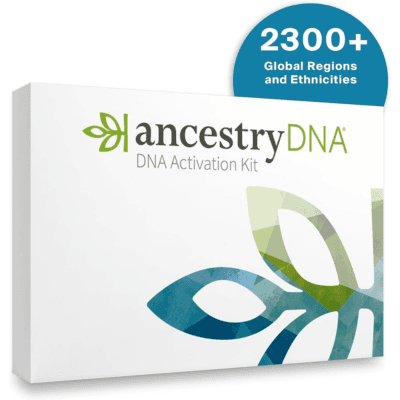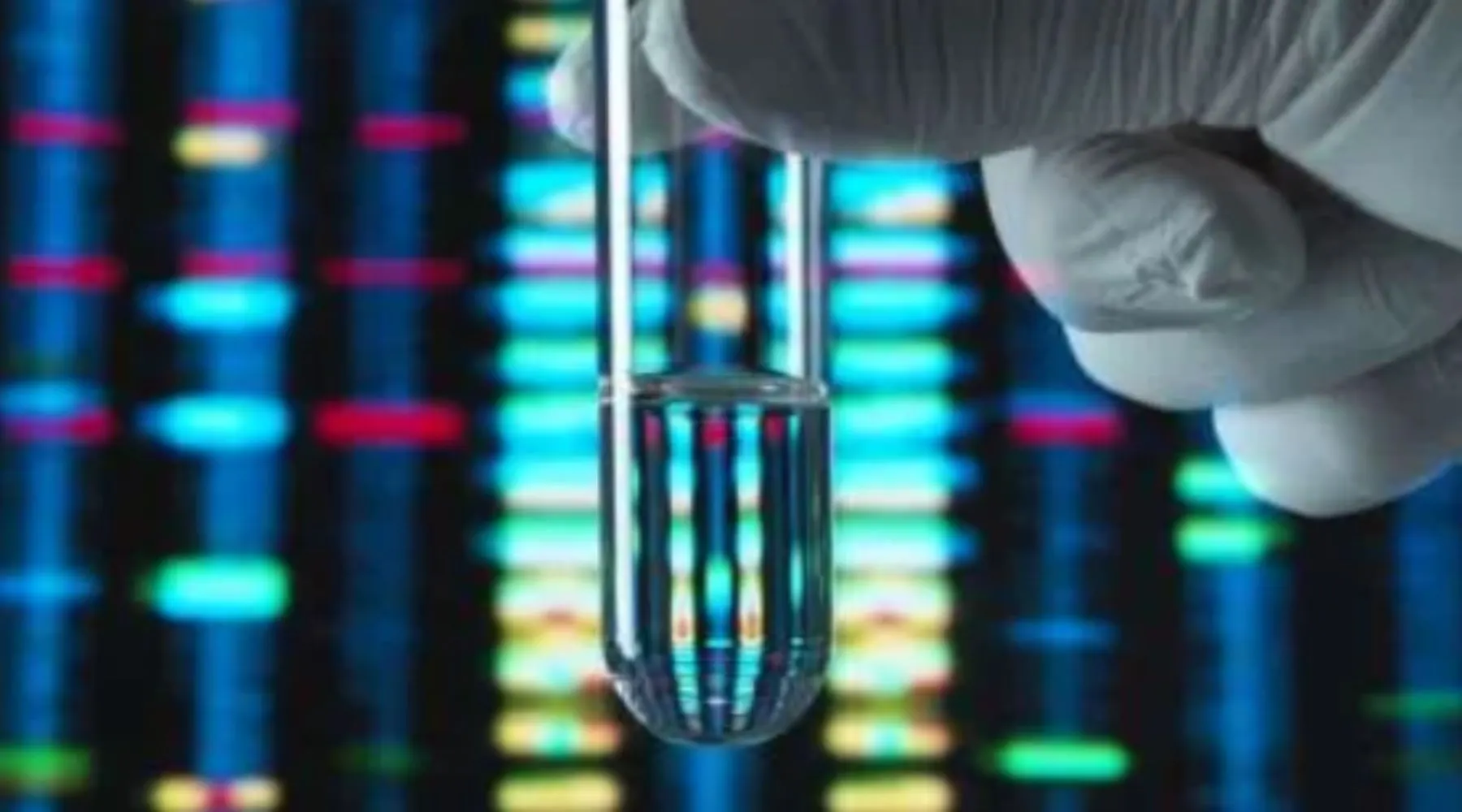
DNA Testing Australia
Compare DNA testing kits available in Australia and discover more about yourself.


Want to learn more about DNA testing in Australia? Scroll on to get all the need-to-know info you're after.
The opportunity to learn more about your family's heritage has boomed in popularity recently. However, with more providers popping up and offering different services all the time, choosing the right one for you can be a tricky process.
From Y-chromosome (Y-DNA) and mitochondrial (mtDNA) to autosomal, DNA testing for your dog or cat and beyond, there are plenty to consider. In this guide, we'll compare a bunch of the most popular DNA test kit providers, take a closer look at the different types of DNA testing available and outline the key factors you need to review before you buy.
Scroll on to learn more.
Right now, there are 3 main types of DNA testing available:
Whether you want to identify potential relatives, understand your ethnicity better or learn about which diseases you may be at risk of inheriting, a DNA test can provide some much-needed insight.
The price you'll pay for DNA testing in Australia differs depending on what you want to learn.
For a standard ancestry-based test, you can expect to pay anywhere between $89 and $150. Health and wellbeing DNA tests will cost from $160 up to $200. If you want a combination test that will help you trace your ancestry and highlight any genetic disorders you have potentially inherited, expect to pay from $200 to $260.
The tests work by analysing the provided DNA sample. Your DNA is extracted from the sample and then broken down into smaller fragments for individual analysis. Each of the fragments are then compared with DNA from reference populations across the globe.
When a close resemblance between your DNA and the DNA from a specific reference population is found, there is a high probability that your DNA has links to that population. And, as the popularity of DNA testing grows, so too will the reference pool for accurate comparison analysis.
Health and wellbeing tests work to identify specific genetic markers. These are markers commonly associated with health-related conditions such as hereditary cancers, degenerative diseases and many others.
Other providers offer a "traits''-based test. These types of tests cross compare your DNA with existing databases looking for strong similarities that indicate food preferences, intolerances and other physical features.
In general, the accuracy of DNA testing depends on the amount of data your chosen provider has accumulated. More data available for comparison means more accurate results.
The biggest providers around right now – including AncestryDNA, Living DNA and MyHeritage – all claim to have an overall accuracy of 99% or above. If you are searching for a provider you can trust, always check out customer reviews and ratings before committing to a purchase. These indicate how satisfied (or unsatisfied as the case may be) others have been with the service received.
Instructions vary from one brand to the next. However, the majority of tests require either a saliva sample or an inner cheek swab.
Follow these steps to complete a saliva collection:
Note: There is usually a line of the tube issued that indicates how much saliva is required. If you are unable to produce enough saliva in 1 try, pop your tube in the fridge in an upright position and try again later. Saliva can be refrigerated for a maximum period of a week.
To complete a cheek swab sample, follow the steps below:
Note: Precise processes will vary. Always read the manufacturer-issued instructions carefully prior to completing your DNA sample collection.
The technique of DNA fingerprinting was initially developed in 1984. Prior to this, DNA analysis was limited to blood testing and serological testing.
Polymerase chain reaction (PCR) testing was invented by Kary Mullis in the United Kingdom.
Alec Jeffreys is the one who made DNA testing available to the public. His initial DNA fingerprinting technique was developed in his laboratory at the University of Leicester, UK.
Knowing the true heritage of your 4-legged friend can help you better understand their needs. With that in mind, DNA testing providers have branched out to help you learn more about your feline or canine companion's breed, health risk factors and general temperament.
Want to learn more about DNA testing for your pet? Check out our guides and follow the links below:
DNA testing isn't cheap. So, it pays to do your due diligence in advance.Here are a few things to consider before you dash off to start uncovering the secrets of your family heritage.
Explore a list of reliable retailers that offer mtDNA testing options to help you learn more about your maternal ancestry.
Explore a list of reliable retailers that offer DNA testing for dogs to ensure you have access to all the need-to-know info on your canine companion.
Understand the key points of difference between these two leading DNA testing services.
Compare the key features of 23andMe and AncestryDNA and settle on the right kit for your needs.
Compare four Living DNA test kits, including their key features and costs in our guide.
23andMe is a DNA testing kit that helps you understand your ethnicity, pinpoint medical risks and find distant relatives.
What you need to know about MyHeritage's no-frills DNA kits, which offer competitively-priced tests and fast results.
Whether you're looking to find a long-lost relative or just learn about your family's past, AncestryDNA could meet your needs.